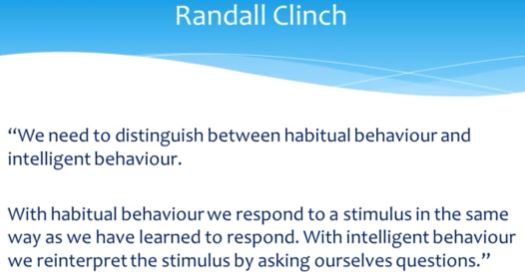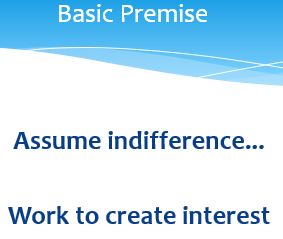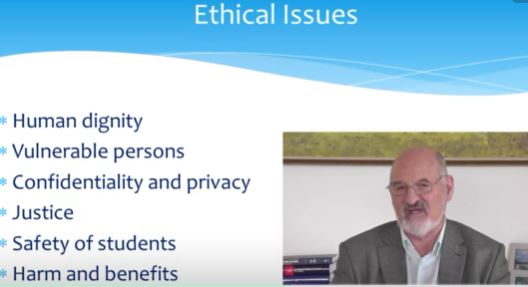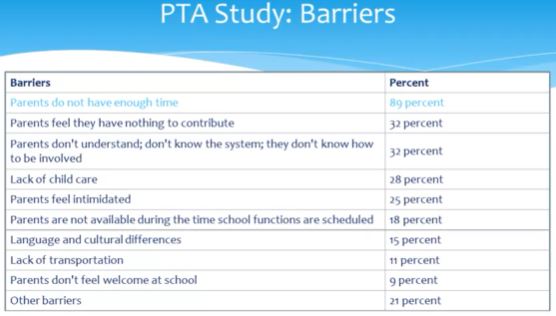#8 Foundations of Teaching for Learning: Developing Relationships
Week 1
Video: What are the things that promote growth in humans?
Video: The elements of human relationships
Video: Strategies for improving relationships
Video: Codes of conduct for teachers
We are going to look at the four core values that are encapsulated in our codes, the respect, care, integrity and trust.
When we look at respect, teachers should uphold the human dignity and promote equality and emotional as well as cognitive development. This applies to when dealing with our students, when dealing with our colleagues, as well as when dealing with parents. In our professional practice, we have to demonstrate respect for spiritual, cultural values, diversity, social justice, freedom, democracy and the environment.
Trust embodies in our fairness, in treating all equal, in our openness, in our relationships and in our honesty. We should be committed to equality and inclusion.
Because we are entrusted with a lot of kids, we have to respect the privacy, we have to maintain the confidentiality of information that has been shared with us. Hence, as a teacher in our profession, we have to be honest, we have to be the role models for kids.
Professional practice, again another area that is embedded in our code of conduct. And so how do we apply our knowledge and experience in facilitating our students' holistic development?
We have to make sure that we act in the best interests of their development (at all times, we have the interests of the student at heart) . We have to make sure that we create mutual respect, be open and responsive and give constructive feedback. So, that's our professional practice. Professional development. We have to take our responsibility in developing ourselves, sustaining and improving the quality of our professional practice. We have to be actively engaged in developing our own self. We have to be reflecting and critically evaluating our own practices.
Week 2
Video: The connection between what we think and how we behave
Questions will always lead to us thinking about what the question means. And, about what the response should be.So, the best way of getting people to think, and that's adults, and it's also our students, is to ask them a question. Now, what we need to think about are what sorts of questions we ask. Because, some questions are better than others. And, in our next lecture, we're going to look at the power of positive questioning.
Video: The power of positive questioning
if we think about how can I help you? How can I work with you? How can I get you to do something? Rather than asking people why. We start to look into the future, rather than into the past. We're not trying to justify the past.
my comment: I see the point but I don't agree. In order to solve problems, we need to ask why.
Video: Developing good relations in the classroom
The Global Classroom: Activities to Engage Students in Third Millennium Schools
Book by George G. Otero and Tony Townsend
Video: Ethical behaviour with students
Quiz 2
Question 1
Habitual behavior is when we…
…do things the same way we have done them before.
Question 2
What are all the elements that lead to our actions?
Stimulus, memory, imagination, perception, emotions and actions.
Question 3
Intelligent behaviour happens when…
Stimulus, thoughts, memory, imagination, perception, and emotion lead to actions.
Question 4
What is the myelin sheath?
It is the substance that builds up on a nerve cell when electricity passes through the axon.
Question 6
The long term success a student has is built on his/her relationship with…
learning.
Question 7
The highest level a student can reach on the relational learning model is…
Global self-regulated learner.
Question 8
What are the things we remember for the longest periods of time?
Our attitudes and feelings about the things we are learning.
Question 9
Ethics are…
A set of moral principles or values.
Question 10
When we decide whether or not to do a moderately dangerous activity with our students we should…
balance the benefit with the potential harm.
Week 3 Working with your colleagues and school leaders
Video: School effectiveness and school improvement
Video: The role of teacher unions
Video: The importance of trust
nutrients of a hospitable learning culture.
- being valued
- being encourage
- being noticed
- being trusted
- being listened to
- being respected.
key components of trust are benevolence, reliability, competence, honesty and openness.
- benevolence: caring, good will, supporting teachers, Expressing appreciation, being fair, unconditional positive regard
- Reliability: Consistency, dependability, commitment, dedication
- competence, , handlign difficulut situations, pressign for results, problem solving , conflict resolution, being flexible, modeling hard work
- Honesty: integrity, Telling the truth, keep promises, honoring agreements, authenticity, accepting responsibility
- Openess: open communication, sharing important information, delegation, shared decision making, sharing power
Video: Working with leaders, teachers and support staff
Week 4 The importance of parent involvement for student success
Video: The connection between parent involvement and student success
Video: The parent is the child’s first teacher
Video: 6 different levels in which parents might be involved
Video: Strategies for strengthening teacher-parent relation
Week 5 It takes a whole village to educate a child: Working with your community
Video:Why do we need to get the community involved?
Video:The asset approach to improving student learning
Search Institute https://www.search-institute.org
The 40 Developmental Assets framework
Video:Inviting the community into our school
Video:The partnership approach to school improvement
What the best and wisest parent wants for his child, that must we want for all the children of the community. Anything less is unlovely, and left unchecked, destroys our democracy. -- John Dewey
























No comments:
Post a Comment